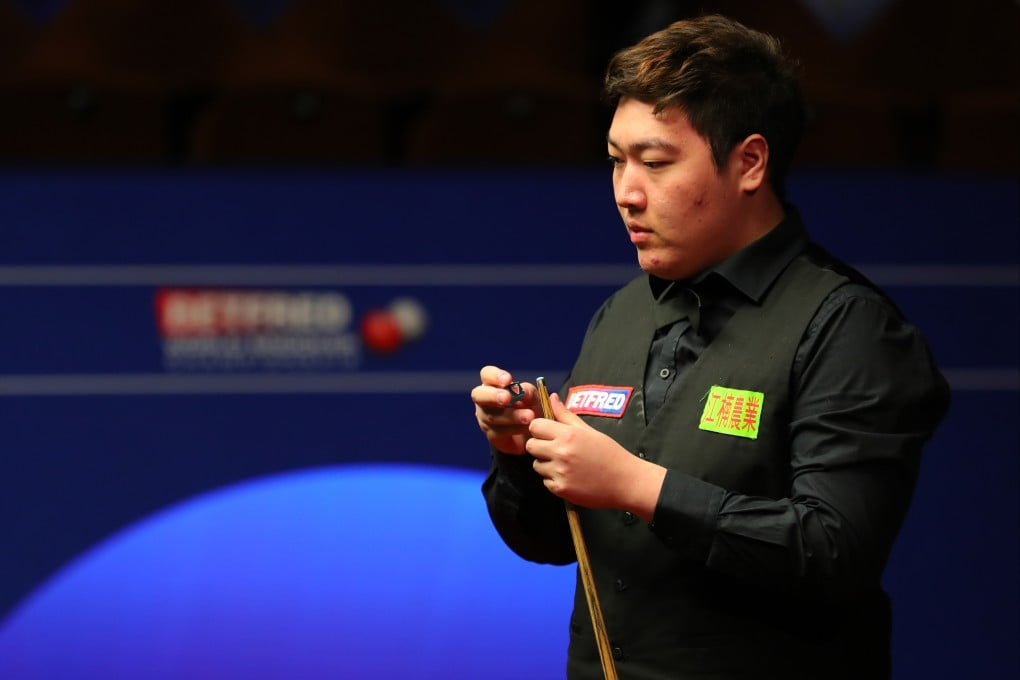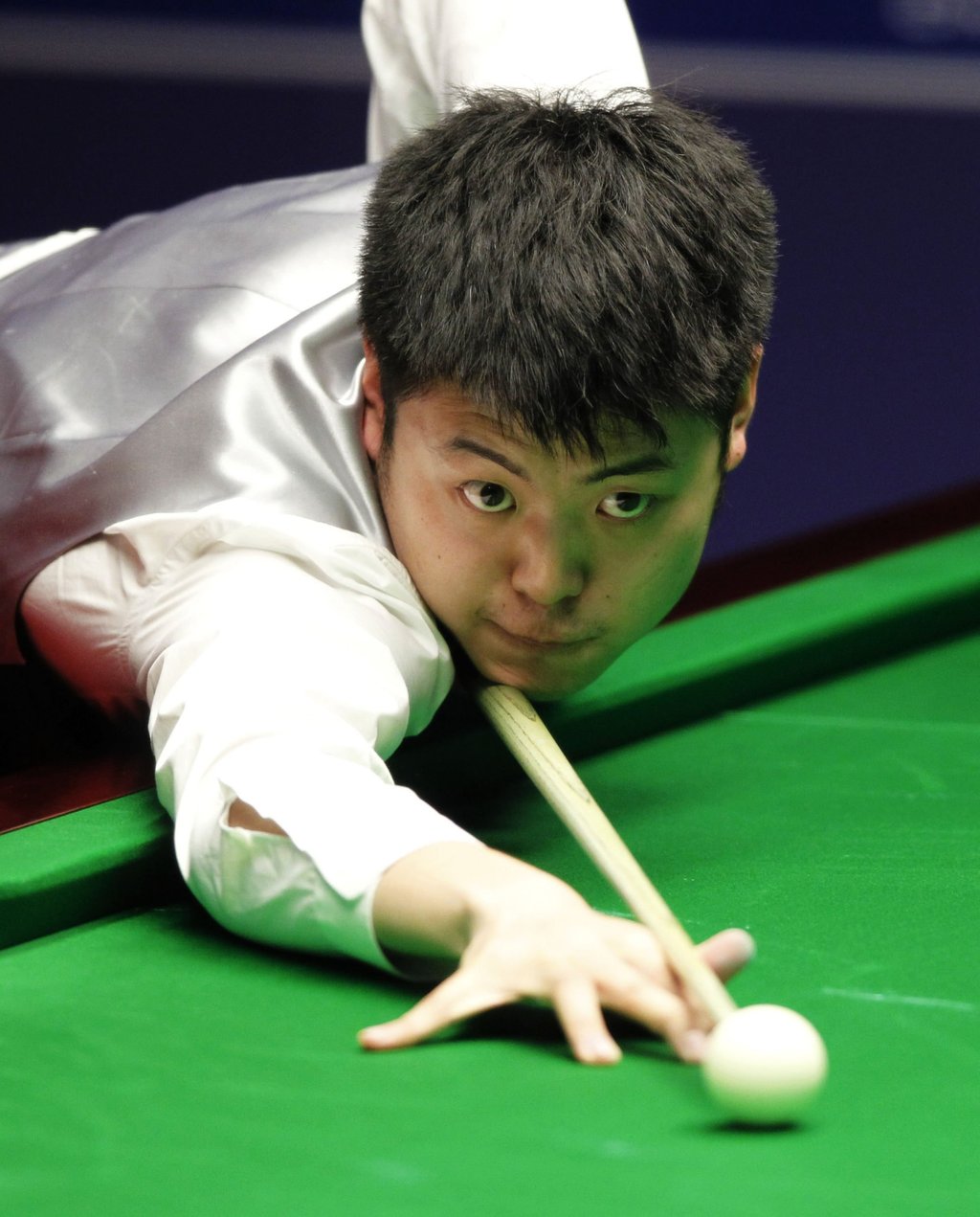Explainer | Match fixing in snooker: how it works, why gamblers exploit the sport and who detects it
- 10 Chinese players were banned for fixing and betting offences in the latest case to hit snooker, but what makes the sport a corruption risk?
- Experts drawn from betting, law enforcement, military intelligence and financial fraud are on the fixers’ trail, armed with tech crunching huge amounts of data

It highlighted how fixing can be uncovered, but also snooker’s susceptibility, with its governing body’s integrity partner telling the Post of “an ever-present risk” from malign actors who are “not standing still”.
What happened to the Chinese snooker players?
Sportradar, which uses technology and human expertise to monitor betting and detect suspicious activity, helped the World Professional Billiards and Snooker Association (WPBSA) to investigate the Chinese players.
Tom Mace, who leads the company’s match-fixing monitoring and detection team, confirmed it reported matches under its agreement with the WPBSA.
“Past cases show there’s been an ever-present risk,” Mace said. “Those can act as a warning to players, but it doesn’t last. Snooker has traits that make it vulnerable.”

Seven players had been banned for fixing before the latest case, stretching back to Stephen Lee, the first, whose 12-year ban from 2012 was the longest until this week’s life bans for Liang Wenbo and Li Hang.